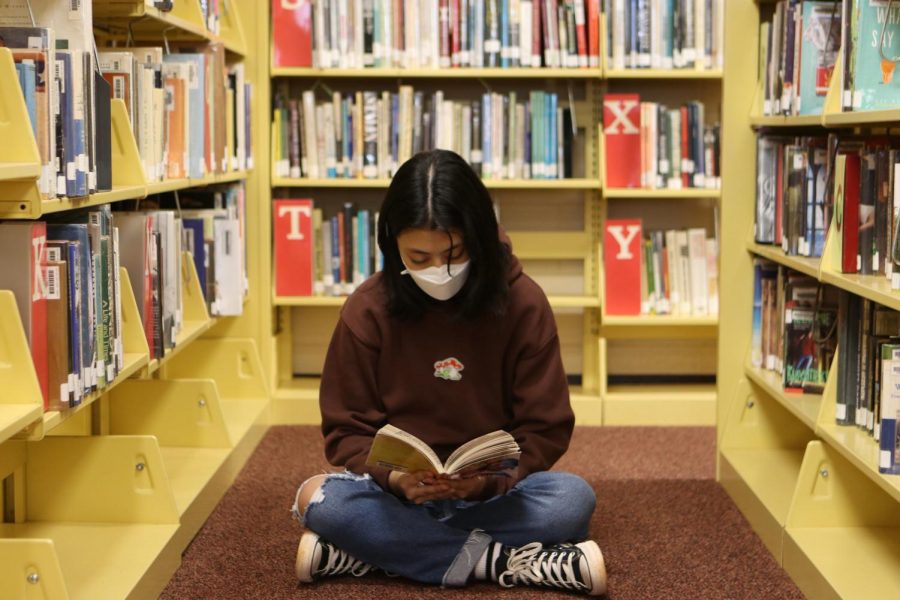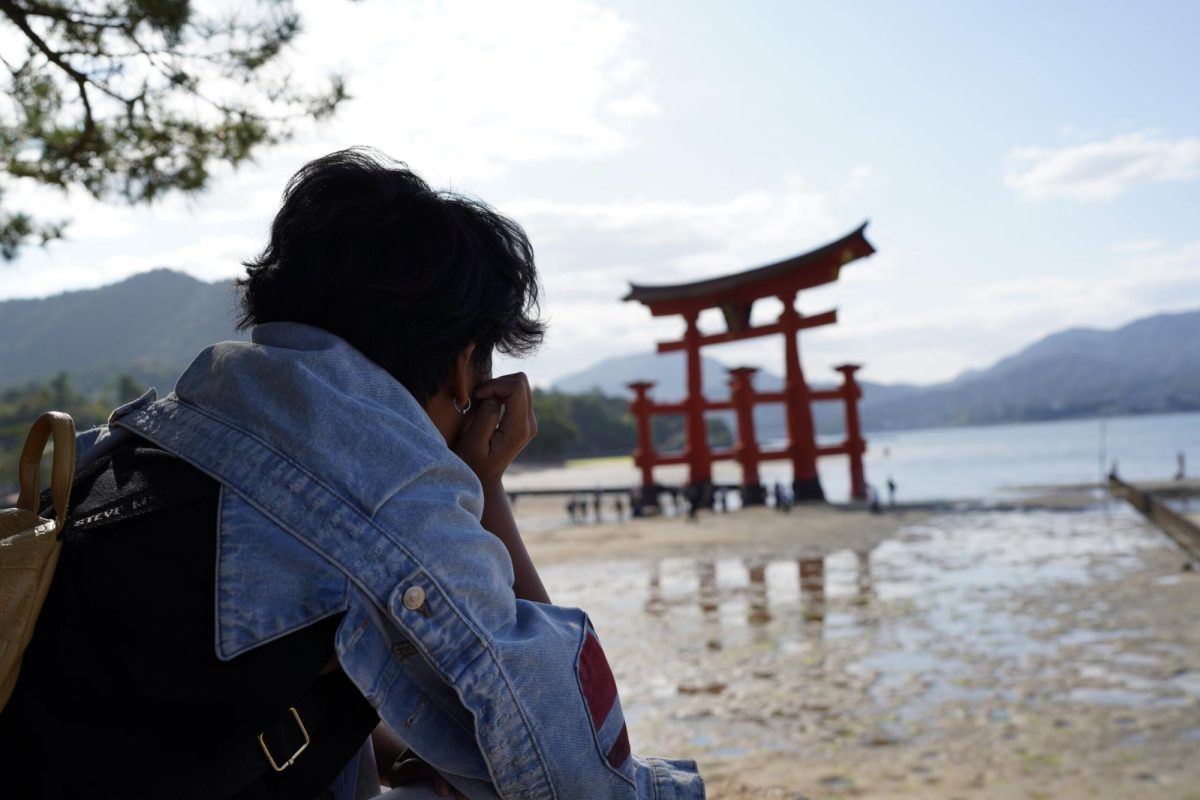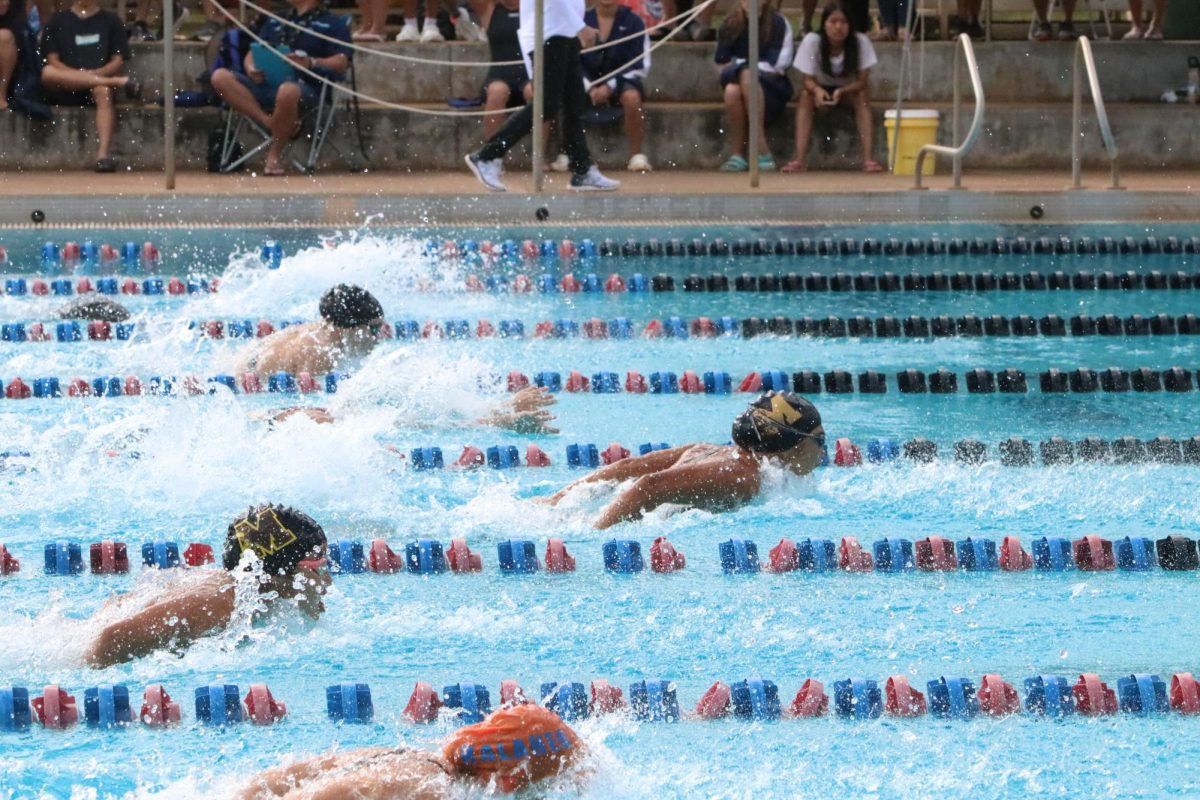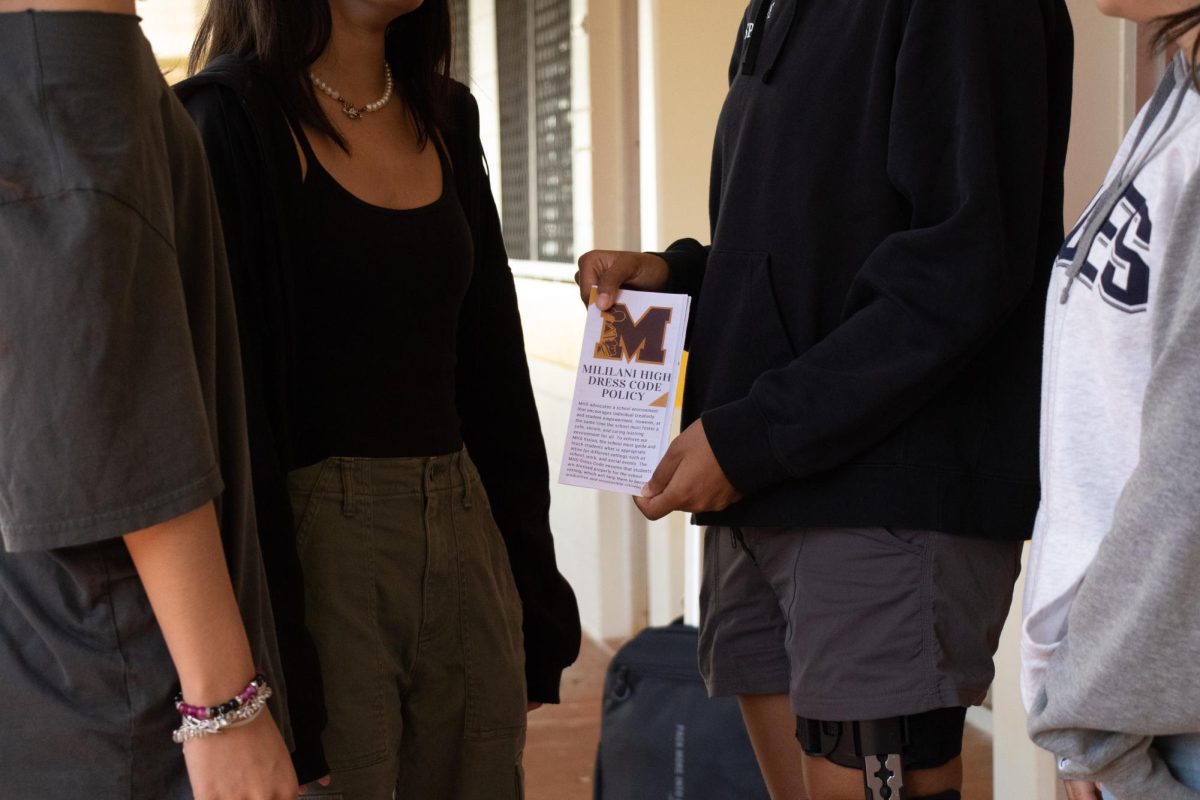School, Mind, and All That Mayhem: Addressing Types of Anxiety and the Importance of Self Care
February 16, 2022
Self care has been gaining a lot of attention on social media over the past two years since the pandemic started. Almost every influencer posts a video, photo, or quote about the importance of it. Whether it be spa days, a night out with friends, or eating delicious food, each post tries to emphasize that life is too short to only spend each passing day inside left with only the company of one’s thoughts. However, that sort of activity — staying alone indoors — became the new normal during COVID-19. In fact, it was so normal that many people are having problems readjusting to how things used to be prior to the pandemic. Along with mask mandates and new COVID-19 guidelines, in-person schooling now presents new obstacles for students who had finally gotten used to an entire school year online.
“There was a rise in, for what we see, a rise in issues [anxiety]. Not fear about catching COVID or, you know, like, everyone’s gonna die and kind of COVID. Not about the illness itself. But the issues were more related to school and friendship,” said Mililani Psychology Group’s clinical psychologist, Dr. Gina Samala. “So you know, not having the structure of the classroom, not seeing their friends. Even people who didn’t like school, miss school. ‘I don’t like school’ and then they kind of couldn’t wait to go back to school. So they, I think, had more anxiety and more depression because there was not enough structure and a lot of social isolation, physically.”
However, as anxiety heightens during the pandemic, confusion follows with it. Some who have anxiety tend to question just how severe it is and whether it is concerning or not.
“Everyone has different anxieties. [Anxiety] It’s where we have pretension, fear, you know, we could be driving on the freeway and someone cuts you off,” said Dr. Samala. “You’re like, oh my gosh, and I have to hit the brakes for a split second,we have anxiety, it helps us to flight or fight. So that’s the simple — What clinical anxiety is, is basically, it interferes with this person. It lasts for like, an extended duration. And it interferes with a person’s functioning in daily life. Like given the work, school, or social relationships. So they’re unable to go to school, they are unable to complete their work, like, and consistent basis or they can’t be around people. So it’s really its become the prisoner of it.”
Going back to school in-person presents its own share of challenges. With more interactive courses and discussions, heavier workloads, and a more social environment. Students must create new learning skills to better accommodate themselves outside the comforts of their computer screen. Test taking and assignment completion also became challenging because methods that students may have used during the lockdown may not apply as well in the classroom. Deadlines, too, became tighter due to the fact that students were transitioning back into the normal bell schedule and are now seeing up to 6 classes per day. It was reported that out of 194 responses from MHS’s Health Pathcore, 69 students struggled to balance all of their responsibilities due to this change, while 143 students claim they struggled to keep up with due dates and the amount of work given.
“Sometimes it’s kind of frantic. Where you’re like, trying to make sure it’s all done in time. So I try to work out which things to do first, and sometimes it does end up meaning I have to stay up a little bit later if I don’t manage that time well, or procrastinate,” said sophomore Chloe Zentkovich. “But these days, like, if I try to get my homework done, like in any free time I have like during classes and stuff, then it gets more manageable if I have stuff to do at home.”
Along with three enriched classes, Zentkovich balances class council and at home responsibilities. Between trying to get back into the flow of attending mandatory council meetings and aiding her mother in getting her siblings to do their homework, she often finds herself stretched thin and continuously having to plan her days out accordingly to ensure everything gets done.
However, schoolwork isn’t the only thing that students struggled with coming back from the pandemic days. During COVID-19, numerous students grappled with anxiety. Ranging from academics, sports, expectation reaching, and personal struggles, it was reported that approximately 130 students out of 229 from MHS’s health pathcore currently struggle with anxiety, while about 70 of them struggle with moderate to severe anxiety. Because social media was a lot easier to access thanks to technology and isolation, self-worth became one of the main things that concerned students during lockdown and still do to this day.
“It feels like you have a pressure to be the best. You need to be perfect. And if you’re not perfect, then people are going to judge you. Or if you’re not the way that they want you to be, then you get judged. Or if I myself do something that I don’t like, then I’m going to harshly judge myself,” said a Mililani High School student.
This student struggles with seeing themselves in a positive light. Whether it be in academics, body image, or personality, they always found themselves receiving judgment from themselves, thinking that their efforts were never good enough compared to others. In fact,
self-worth was the highest ranking cause for anxiety in MHS’s health pathcore, as approximately 129 students in MHS’s health pathcore were concerned with it.
Despite anxiety and identity struggles being common issues among youth during the pandemic, many tend to degrade themselves for experiencing it. Some students tend to feel lonely during these times because of how heavily it impacts them. However, these things are normal when it comes to everyday life.
“As far as making people — having people feel comfortable, I think it’s real important. So familiar, I want to say that it’s functional. And if there was anything where they’re out of balance or extra anxious, more than they need to be, it’s not their fault,” said Dr. Samala. “A lot of times it’s biological. You know, a lot of times it’s experiential, biological, you know, this, just people born like that, it’s not a big deal. It’s just different things, being left handed and, or having glasses. And or the other thing that might be experiential, it might be that you had trauma in your life before, you know, so, but I think the big thing is self acceptance, before coming out to everyone else, it’s important that they be okay with themselves.”
With high school preparing students to enter college and adulthood in general, self care may help smoothen the transition between these two chapters in life. However, as a result of all the new workloads and responsibilities that follow, some tend to overlook the importance of self care because it seems like time that could be used towards getting other tasks done.
“You don’t want to be reliant on a pill or therapy, your whole life, you want to be able to adapt and evolve and learn how to deal with it. So self care is just good for you, period,” said Dr. Samala. “It’s good for you, whether they are healthy, or you’re in trouble. If they’re eating right, they’re sleeping, they’re going working their work and play hard, you know, have balance in their life. That’s what self care is. Being true to themselves.”
“As important as like, for some people getting good grades is really important, or their extracurricular is something that really impacts what they’re really passionate about. So they might overlook their health, like, first they want to keep practicing to get better at what they’re passionate about, like, if I kept doing my art over and over without taking a mental break for myself,” said Zentkovich. “I think that’s how some people tend to overlook it. Like, they just don’t think about it when they’re focused on something.”
Many tend to misjudge how simple self care really is. For Zentkovich, she cares for herself by simply just washing her face with cold water, while an MHS student says hanging out with her friends over a simple meal does the trick for relieving stress and anxiety.
“At the end of the day, self care can be pretty much anything that makes you relax and are happy. It doesn’t need to be going to an extravagant spa and having, you know, getting an amazing massage,” said the student. “As great as that may be, you know, you don’t have to have that. Just allowing yourself to sit down and lighting a candle or reading a book, or just doing something that genuinely just makes you happy and forget about all the negatives, all the fear, whatever that may be for you. That’s how you do self help.”
According to Dr. Samala, engaging in self care is ultimately the main goal. Self care is what allows one to stay physically and mentally healthy. In fact, playing sports, using a face mask, or just simple breathing exercises are all a great way to start and engage in self care. All that’s required is a few minutes of one’s own time. She also recommends the app FearTools, which aids in combating anxiety through services that include breathing exercises, thought diaries, information distribution, and tests that help in tracking symptomy severity over the course of time.




